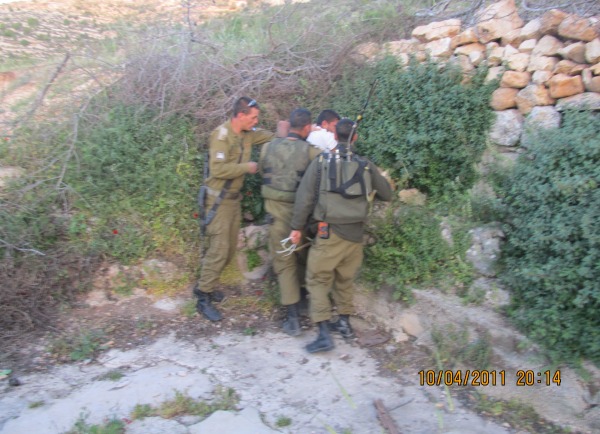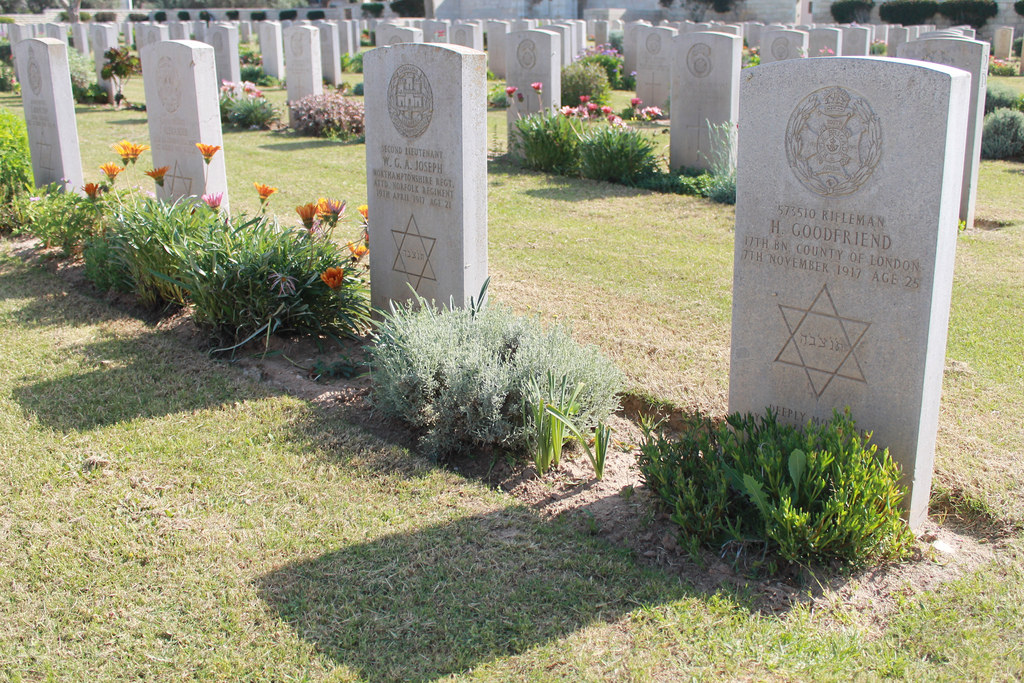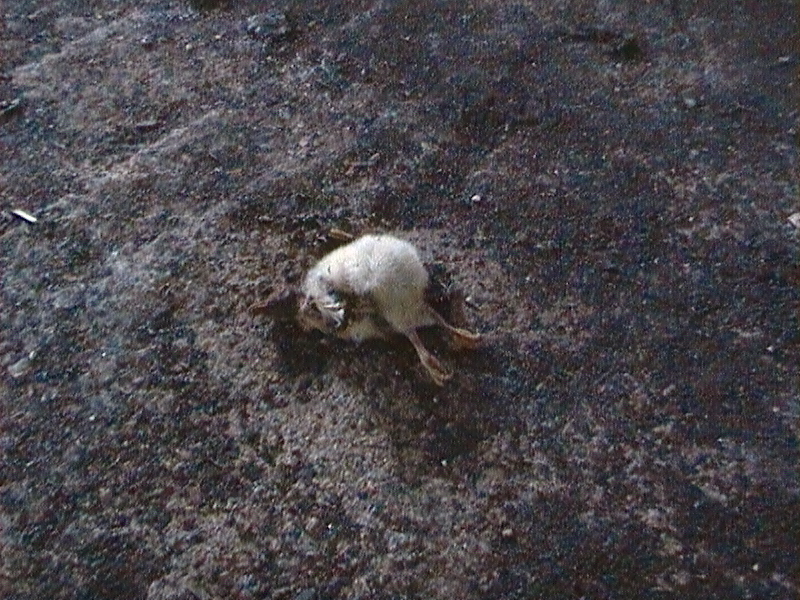-
Khan-al-Luban: Israeli army attack
20th April 2014 | International Solidarity Movement, Nablus Team| Khan al-Luban, Occupied Palestine On Monday 21 April 2014 two International Women’s Peace Service [IWPS] volunteers were playing uno [a card game] outside with two children of the Abu Jamal family in Khan al-Luban, close to the Nablus-Ramallah road. Their elder brother Jimmy was plastering the bathroom and their […]
-
Settlers set fire to Palestinian chicken farm
20th April 2014 | International Solidarity Movement, Nablus Team| Madama, Occupied Palestine On Friday 18th April, during the night in the village of Madama, settlers from a nearby illegal settlement entered a Palestinian farm and sat fire to a newly built chicken house. The damage totaled $12,500 for the 3,500 chickens and their food, as […]
Action Alert An Nabi Saleh Apartheid Wall Arrests BDS Bethlehem Bil'in Cast Lead Demonstration Denial of Entry Ethnic Cleansing Farmers Gaza Global Actions Hebron House Demolition International law Israeli Army Jerusalem Live Ammunition Nablus Ni'lin Prisoner Ramallah Rubber-coated steel bullets Settlement Settlers Settler violence Tear-Gas Canister Video



